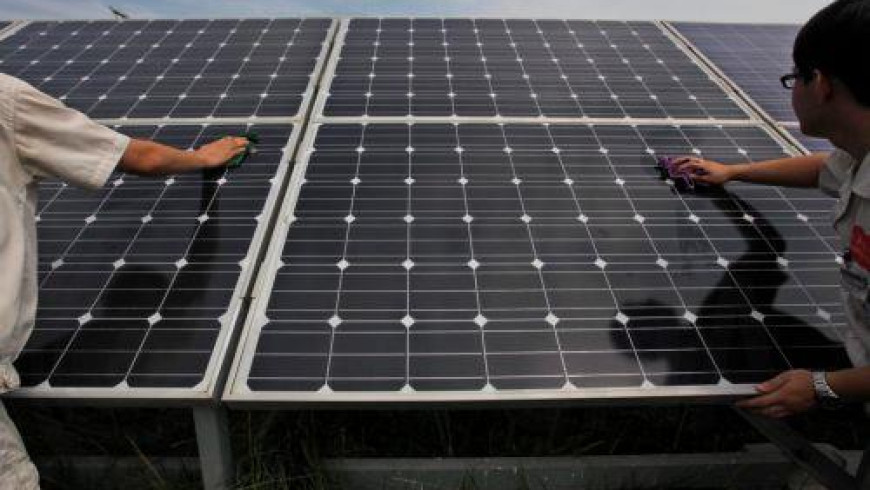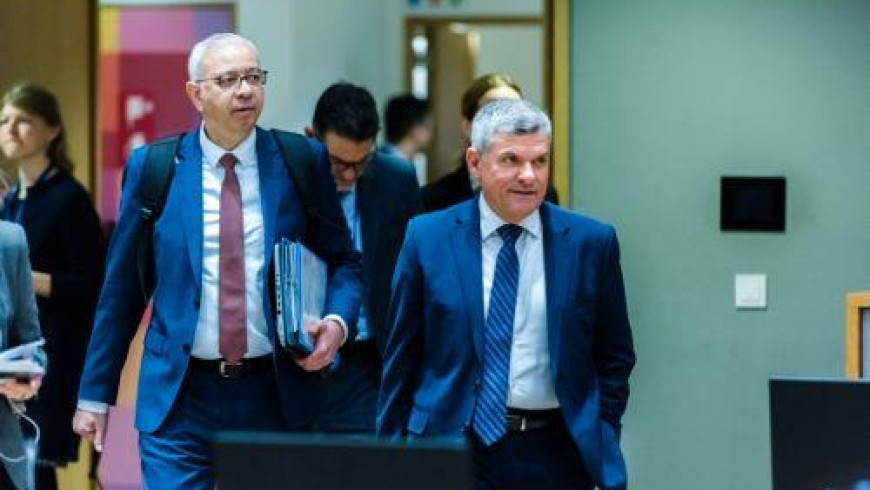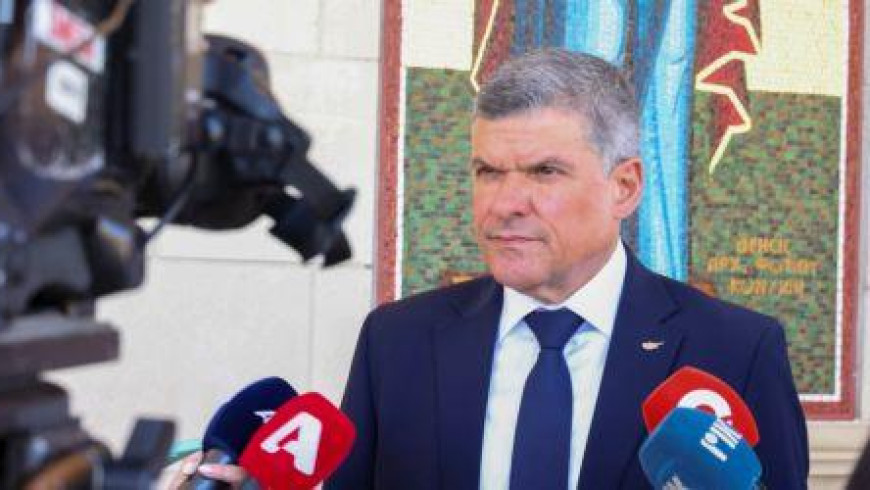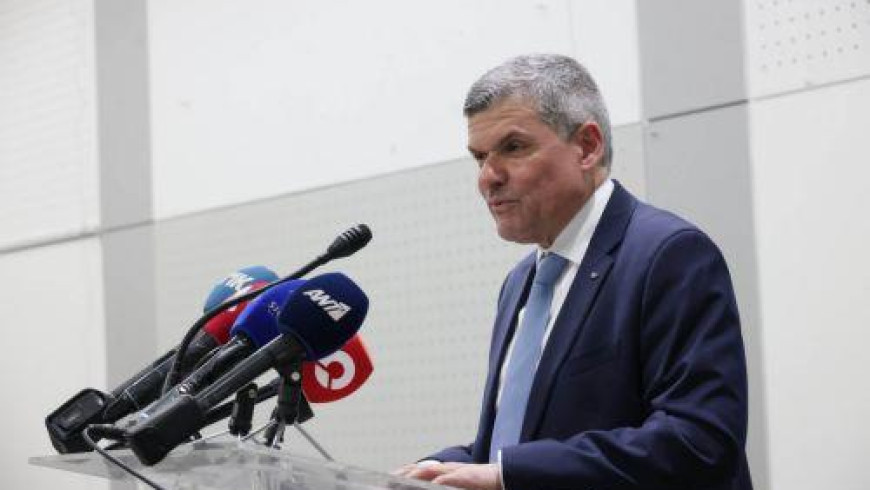
Russian Ambassador: Energy interest in Eastern Mediterranean
18/12/2013 11:43
Cyprus and Russia have the opportunity to reach new horizons of cooperation in the field of energy, Russian Ambassador to Cyprus Stanislav Osadchiy said on Tuesday, while noting the potential for Russian companies to show interest in the region.
Addressing a conference on “EU-Russian relations and the cases of Greece and Cyprus”, in Nicosia, the Ambassador said that Russian oil and gas companies are monitoring closely developments concerning hydrocarbon discoveries in Cyprus’ exclusive economic zone.
Osadchiy also noted the government’s intention to turn Cyprus into a regional energy hub. “I believe that our companies will once more show interest in the Eastern Mediterranean region” the Ambassador said.
He referred moreover to existing Cyprus-Russian energy cooperation, noting that Russia is one of the main hydrocarbon suppliers of Cyprus, and spoke about the potential for further cooperation in other fields, such as power stations.
Osadchiy referred moreover to EU-Russian energy relations, noting that some Western countries accuse Moscow of trying to impose dependency of European countries on Russian energy resources. “This doesn’t correspond to the facts” the Ambassador said.
He characterized as “puzzling” the European Commission’s insistence to revise bilateral agreements between Russia and a number of EU member states, vis-a-vis the realization of the South Stream project, as not complying with the “Third Energy Package”.
This insistence is very strange, since the South Stream project meets EU requirements for the diversification of energy routes, the Ambassador said.
He dismissed finally accusations that Moscow uses gas to exert pressure on some CIS countries. Referring to Ukraine, he said that Moscow is still waiting for an answer to its proposal to join the Customs Union.
On claims that Kiev buys gas at higher prices, Osadchiy said that Moscow sells gas at world prices, with the exception of the countries that joined the Customs Union.
Addressing a conference on “EU-Russian relations and the cases of Greece and Cyprus”, in Nicosia, the Ambassador said that Russian oil and gas companies are monitoring closely developments concerning hydrocarbon discoveries in Cyprus’ exclusive economic zone.
Osadchiy also noted the government’s intention to turn Cyprus into a regional energy hub. “I believe that our companies will once more show interest in the Eastern Mediterranean region” the Ambassador said.
He referred moreover to existing Cyprus-Russian energy cooperation, noting that Russia is one of the main hydrocarbon suppliers of Cyprus, and spoke about the potential for further cooperation in other fields, such as power stations.
Osadchiy referred moreover to EU-Russian energy relations, noting that some Western countries accuse Moscow of trying to impose dependency of European countries on Russian energy resources. “This doesn’t correspond to the facts” the Ambassador said.
He characterized as “puzzling” the European Commission’s insistence to revise bilateral agreements between Russia and a number of EU member states, vis-a-vis the realization of the South Stream project, as not complying with the “Third Energy Package”.
This insistence is very strange, since the South Stream project meets EU requirements for the diversification of energy routes, the Ambassador said.
He dismissed finally accusations that Moscow uses gas to exert pressure on some CIS countries. Referring to Ukraine, he said that Moscow is still waiting for an answer to its proposal to join the Customs Union.
On claims that Kiev buys gas at higher prices, Osadchiy said that Moscow sells gas at world prices, with the exception of the countries that joined the Customs Union.













 3287.99
3287.99 1275.09
1275.09
